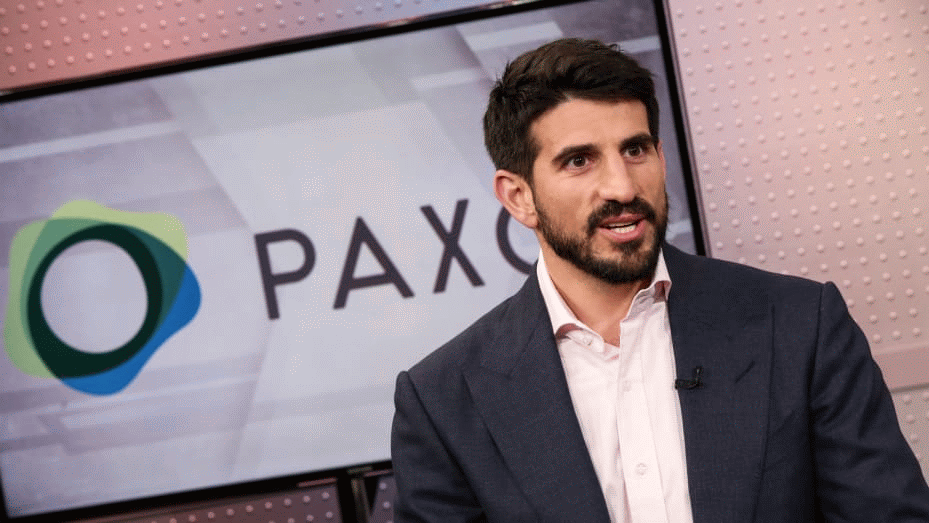Paxos ordered to stop minting Binance stablecoin BUSD; New York regulator issued a consumer alert

Cryptocurrency startup Paxos has been ordered by New York state regulators to stop issuing new Binance USD tokens, or BUSD, Binance CEO Changpeng Zhao said on Twitter.
In a consumer alert issued on Monday, The New York State Department of Financial Services (NYDFS) said it issued the order “as a result of several unresolved issues related to Paxos’ oversight of its relationship with Binance.” NYDFS also added: “The Department has not authorized Binance-Peg BUSD on any blockchain, and Binance-Peg BUSD is not issued by Paxos.”
Responding to the order, Paxos said in a statement: “Effective February 21, Paxos will cease issuance of new BUSD tokens as directed by and working in close coordination with the New York Department of Financial Services,” adding that it would “end its relationship with Binance for the branded stablecoin BUSD.”
Paxos’ also added: “This action does not impact our ability to continue serving new or existing customers, our continued dedication to grow our staff or fund our business objectives,”
Meanwhile, in a post on Twitter, Zhao said: “We were informed by Paxos they have been directed to cease minting new BUSD by the New York Department of Financial Services.”
https://twitter.com/cz_binance/status/1625067484368740353
BUSD is Binance’s dollar-pegged stablecoin, with each BUSD on a face value worth one dollar. The token is used on Binance to trade cryptocurrencies, including ether and bitcoin. The Ethereum-built BUSD tokens are backed by some $16 billion worth of Treasurys and repos.
Paxos joined the startup unicorn club in 2021 after it raised $300 million in funding to grow its blockchain infrastructure platform; valuing the company at a $2.4 billion valuation.
Founded in 2013 by Charles Cascarilla and Richmond Teo, Paxos’s flagship service is Bankchain(TM), a next-generation blockchain settlement platform that is transforming post-trade across capital markets. Bankchain delivers instantaneous settlement and greater automation, offering market participants reduced counterparty risk, lower capital requirements, and increased operational efficiencies.




